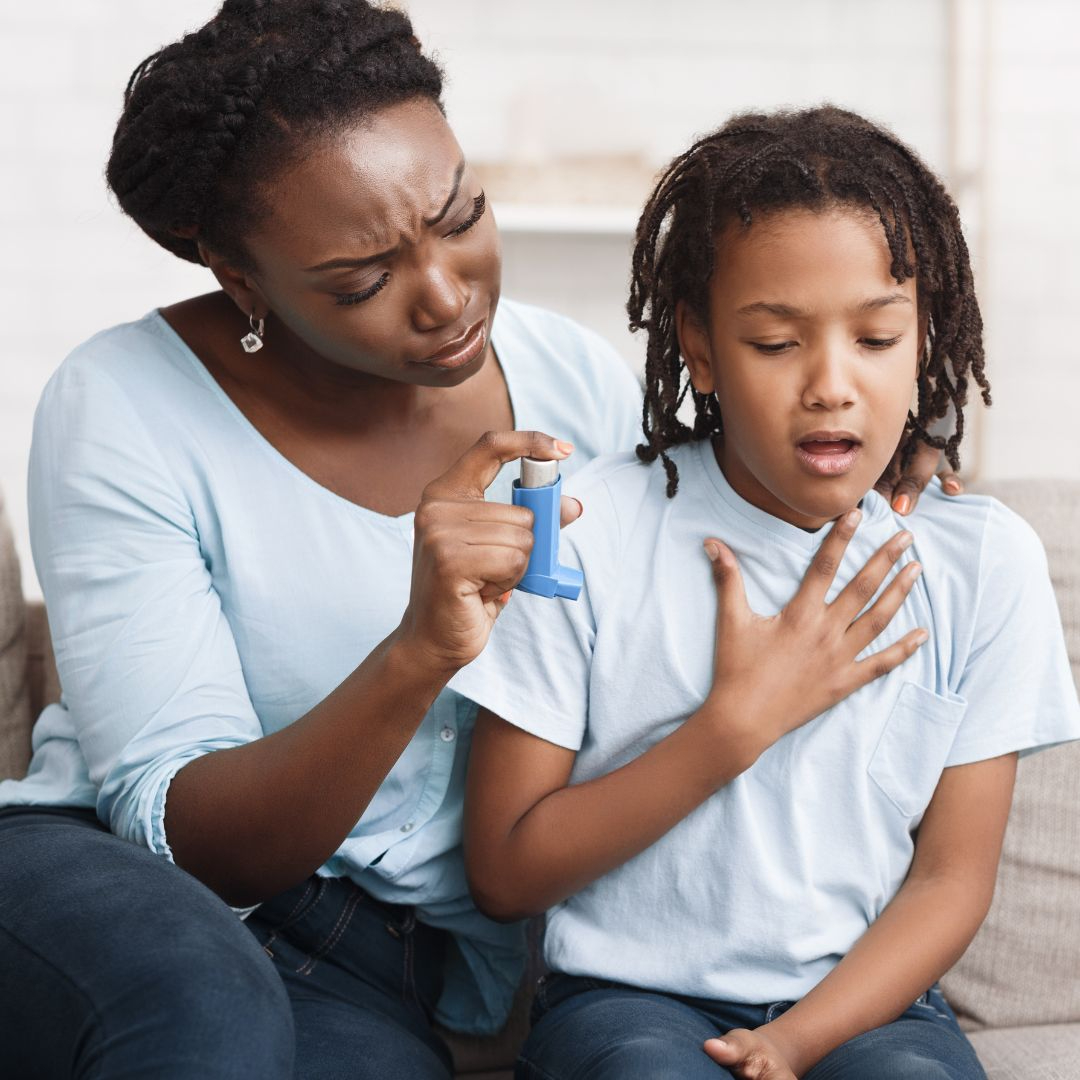The hot weather, recent storms and high pollen count have affected those with respiratory conditions, such as hay fever and asthma, causing emergency departments in Birmingham and Solihull to be busier than usual.
Please follow the advice below if you are an asthma or hay fever sufferer.
Your local pharmacy can provide advice and over the counter medication to help with hay fever. You can learn more about how your pharmacist can help you on the NHS website and you can find your nearest pharmacy on the NHS website.
You can also contact your GP practice for support. If you need urgent medical help, call 111 or use 111 online at 111.nhs.uk. 111 can tell you where to get help for your symptoms, if you’re not sure what to do, how to find general health information and advice, or where to get an emergency supply of your prescribed medicine.
Breathing difficulties
-
If you have already been prescribed a preventer inhaler (usually a brown, pink or purple inhaler), it is important to keep taking it to prevent a severe attack.
-
Use a spacer, if you have one, to help the medicine get to the lungs.
-
If you have a blue/reliever inhaler, make sure you carry this with you at all times so it is ready to use
-
Make sure you are using your inhalers properly. You can read more about how to do this below.
-
If your symptoms are worsening, follow your asthma action plan, contact your GP practice or use NHS 111.
A good inhaler technique gives you the best chance of managing your astma symptoms.
-
Prepare the inhaler device.
-
Prepare or load the dose.
-
Breath out gently as far as is comfortable, not into the inhaler.
-
Tilt the chin up slightly and put the mouthpiece in your mouth and close your lips around it.
-
Dry Powder Inhaler: Breathe in as quickly and deeply as possible. Aerosol: Breath in slowly and steadily.
-
Remove the inhaler from your mouth and hold your breath for up to ten seconds or as long as possible.
-
Wait 30 seconds then repeat steps one to six for a second dose, if needed. Close the inhaler or replace the lid as appropriate.
Find out about the right inhaler technique for your inhaler type on the Asthma + Lungs UK website.
If more than ten puffs are needed in a four-hour period, contact your GP practice or use NHS 111. If the patient is really struggling after ten puffs or has symptoms such as those shown below, please go to the emergency department:
- Being too breathless to talk
- Breathing rapidly
- Blue lips
- Grunting when breathing
- Muscles in the neck and between the ribs are pulling when breathing
- If they are floppy or unresponsive.
Keep using the blue inhaler until you get to hospital.
Hay fever
-
Take antihistamine medicines if you or your child suffer from hay fever (symptoms include sneezing, cough, itchy eyes or skin, or runny nose).
-
Keep windows closed.
-
Change your clothes and have a shower after being outside.
-
You may find wearing a mask outdoors helps.
-
Your local pharmacy can advise and provide the right antihistamine for you or your child.
